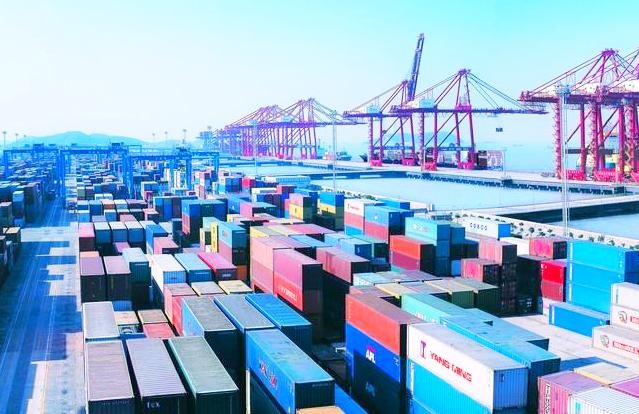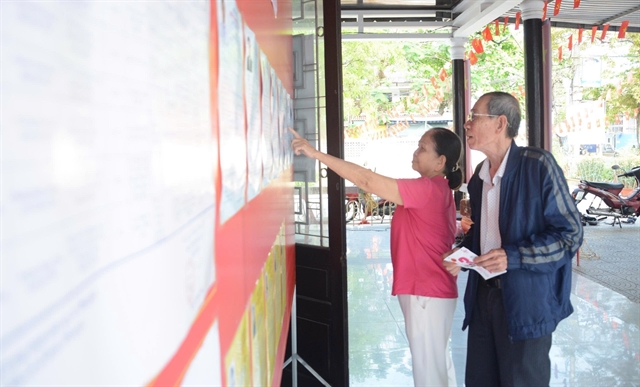 Economy
Economy

Researchers have urged that the legal framework on specialised checks on imports and exports be improved for compatibility with commitments to the European Union-Việt Nam Free Trade Agreement (EVFTA).
 |
| Researchers have urged that the legal framework on specialised checks on imports and exports be improved for compatibility with commitments to the European Union-Viet Nam Free Trade Agreement (EVFTA). — Photo thuongmai.vn |
HÀ NỘI – Researchers have urged that the legal framework on specialised checks on imports and exports be improved for compatibility with commitments to the European Union-Việt Nam Free Trade Agreement (EVFTA).
Phạm Thanh Bình, an expert of the Việt Nam Chamber of Commerce and Industry’s project on reviewing Việt Nam’s legal framework on specialised checks, said at a consultation workshop yesterday that there were regulations which were incompatible or partly compatible with commitments to EVFTA.
For example, regarding regulations on customs simplification, if based on the targets of creating trade facilitation, it can be said that the specialised check procedures were incompatible with commitments to the trade deal, Bình said.
“Several regulations were still complicated and burdening firms,” he said.
Legal framework on specialised checks on imports and exports were the focus of the Government’s reform process raised in Resolution 19 on improving business climate and national competitiveness.
Experts said greater efforts were required to speed up time taken for customs clearance and for facilitating trade flow.
The Ministry of Planning and Investment recently said that very-tightly controlled specialised checks were causing difficulties for firms, and was a waste of time and costs.
A recent report by the Ministry of Finance revealed that the ratio of batches of goods on which specialised checks were carried out remained high, averaging 30 per cent of the total batches.
The Government of Việt Nam was pushing for the simplification of specialised check procedures and gradually abolishing unreasonable regulations, especially by the Ministry of Agriculture and Rural Development and the Ministry of Industry and Trade.
On October 24, the agriculture ministry issued a circular allowing quarantine checks to be carried out after fisheries companies transported products to the warehouse. Previously, firms could only transport their fisheries products to the warehouse after quarantine checks were completed.
The Ministry of Industry and Trade on October 12 also abolished the regulation on the inspection of formaldehyde content in textile and garment products. - VNS




